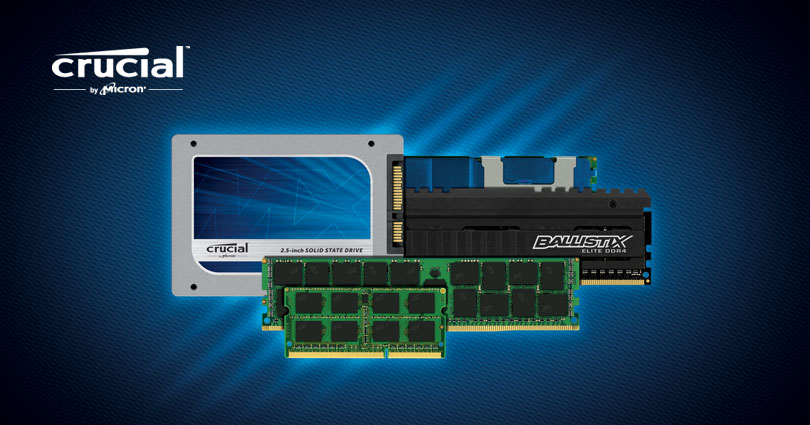You better forget about Novabench, IMO, that's not a reliable benchmarking tool.
Do you know another better tool I can use to measure what the Mac is actually doing? I am interested to measure this. I use Geekbench for my overall performance measurement according to GeekBench, which is only a relative number anyway compared to others who have ran Geekbench on the same hardware and doesn't give any specifics, while Novabench at least does provide what it measured while reading/writing RAM as a specific metric.
Also, it's not quite practical to convert the transfer speed into DIMM clock speed like that.
Why not?
crucial has a page that explains max peak data transfer rates for each DDR3 frequency:
Better understand your computer's RAM speeds & the compatibility of different types of memory to work out how to get the most from your desktop or laptop.

www.crucial.com
According to them, DDR3-1333 should be able to achieve up to 10677 MB/sec, while DDR3-1066 can get up to 8533 MB/sec peak transfer rate. Novabench was measuring ~8300 MB/sec...which sorta seems like even though About This Mac reports my memory as being 1333, but might be clocking it down under the covers anyway under some circumstances...
Under Bootcamp, windows version of Novabench reports even slower around ~7500MB/sec.
If there is another better tool to measure actual RAM performance I would be interested in trying it, but I couldn't find anything that measured speed, only stuff that checks for memory integrity. Do you know of something?
I definitely got a 25% better GeekBench score when I removed the 4 and 8 DIMM modules (128gb down to 96gb ram)....even though in both cases About This Mac reports all the ram as being 1333.
I'm pretty happy with my latest Geekbench score to be honest...
so I'm just kind of asking for understanding I guess...and wanting to understand a little more what the 5,1 is actually doing if and when it might clock down the RAM.
Last but not least, you may Google what DDR means, than you should able to understand why it shows ~660MHz.
alright, copy that. DDR = Double Data Rate..., so 660mhz is a good sign that its attempting 1333mhz actual data throughput... While watching CPU-Z (under bootcamp) I do see that DIMM mhz value flicker and change...which indicates to me that it could theoretically get clocked down?



